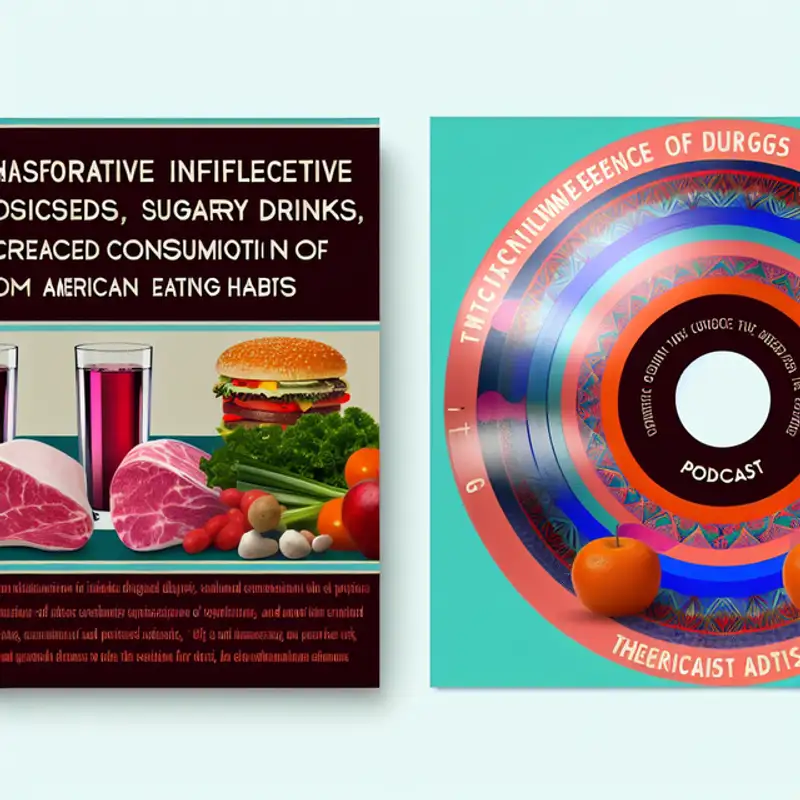Ozempic and similar GLP-1 drugs like Wegovy are reshaping America’s eating habits—not through willpower, but biology. A new study from the Arkansas Agricultural Experiment Station reveals that people taking these medications are eating significantly less, especially when it comes to processed foods, sugary drinks, and red meat. Interestingly, while cravings for these foods don't vanish entirely, people still consume far fewer calories—up to 990 less per day—suggesting these drugs might be doing more than dulling hunger. Researchers believe GLP-1s may tweak how the brain processes taste and food-related pleasure, meaning they don't just curb appetite—they may rewire the way we respond to food. And with more fruits, veggies, and water making it onto plates, both waistlines and the junk food industry could see lasting changes.
Key Points:
- A new study surveyed about 2,000 past, current, and potential users of GLP-1 drugs to understand how these medications affect eating habits.
- GLP-1 drugs like Ozempic (semaglutide) and Wegovy are primarily used for diabetes and obesity treatment, working by mimicking hormones that regulate appetite.
- Participants on GLP-1 drugs reported consuming 720–990 fewer calories per day compared to their pre-treatment benchmarks.
- Foods most commonly reduced: sugary drinks, processed foods, refined grains, and beef.
- Healthier choices, like increased fruit intake, leafy greens, and water, rose across the board among users.
- “GLP-1s support weight management through calorie reduction and influence food consumption patterns by diminishing intake of high-calorie and processed foods,” the study says.
- Interestingly, cravings didn't completely disappear—people still wanted certain foods but simply ate less of them, suggesting effects on taste sensitivity or reward systems.
- Researchers highlight the need for more studies to pinpoint the “specific physiological and metabolic pathways” behind these behavioral changes.
- Food companies are taking note, developing low-sugar products tailored to the growing cohort of GLP-1 users.
Products mentioned:
- Ozempic (semaglutide), primarily for type 2 diabetes
- Wegovy (higher-dose semaglutide), approved for obesity treatment
Fun Fact:
- These same GLP-1 drugs might also reduce the risk of dementia in people with type 2 diabetes, according to recent trial data. That means fewer snacks and potentially better brain health? Count us in.
Stay tuned—this new era of metabolic medicine could revolutionize not just diets, but the entire food industry.
Link to Article
 Episode
Episode